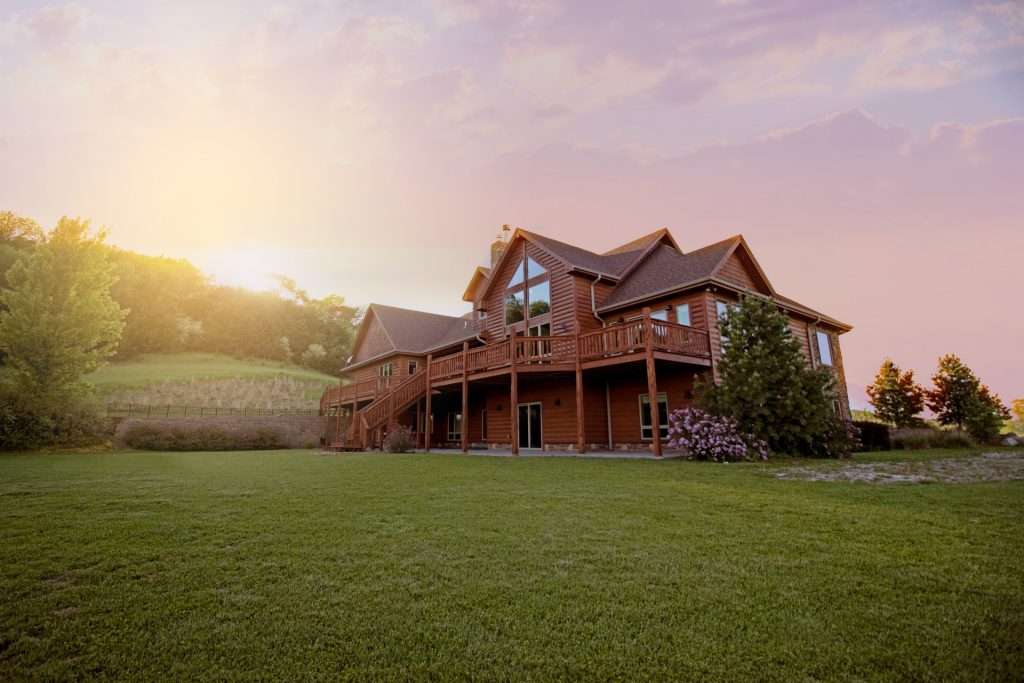The Effects of Real Estate on the Economy
-
The Effects of Real Estate on the Economy

If folks sell or buy houses, either to reside in or as an investment, then we now still all make reference to as the home marketplace. A residence has become the most effective thing lots of folks could possibly possess.
Back in Britain, two-thirds of households own your house they reside in; 1 / 2 these are still paying down their mortgage. The rest of the households are tenants, split fairly evenly between social and private renting.
What’s the home marketplace significant to the market?
The home market is closely connected to consumer spending. When house prices move up, homeowners eventually become better away and feel confident. Many folks will borrow against the price of the home, either to devote to services and goods, reestablish their home, supplement their own retirement, or repay debt.
When house prices return, homeowners hazard their house is likely to be much less than their mortgage. Folks are so more inclined to lower spending and hold away from making investments.
Collars would be the best supply of debt to households within the united kingdom. If a lot of men and women simply take out large loans in contrast for their own earnings and also even the value in their residence, this may set the banking system in danger in an economic recession.
Housing investment can be a somewhat but an erratic portion of how we quantify the entire outcome of this market. If you get a newly constructed home, it directly results in overall output (GDP), such as through investment in property and construction materials in addition to creating projects. The area also proceeds when new houses are assembled as novices begin using local services and shops.
Exchanging existing homes doesn’t affect GDP in precisely exactly the exact same manner. The corresponding expenses of a residence trade still benefit the market, nevertheless. These may consist of anything from the home representative, legal or surveyor fees to purchasing a brand new paint or sofa.
ALSO READ: How to Fix the Economy During This Pandemic?
Why would housing costs vary?
House prices have changed quite a good deal over the years.
The average house price was just only a little over #10,000 in 1977. Roll forwards 40 decades and the normal price has climbed up to #200,000. In spite of the typical gain in the costs of products and services, housing prices are currently around twice as costly as these were in the late 1970s.
There really certainly are a range of items that affect house rates.
To begin with, house prices are likely to grow if people expect you’ll be wealthier in the foreseeable near long term. Normally that takes place when the market is succeeding as more folks come in work and salary tend to be higher.
House prices tend to climb if more folks can borrow money to purchase houses. The more financing banks and building societies will willingly provide the more people may purchase a dwelling and prices will likely probably grow.
Even the Bank of England also changes house prices throughout setting the vital rate of interest from the market. The lower rates of interest are, the lower the value of borrowing to cover a dwelling is, as well as the more persons can afford to borrow to get home. This will mean prices will have a tendency to become higher.
Additionally, there are more fundamental reasons why house prices can vary.
For example, the need for homes can grow if the number of people is rising or you will find more single-person households. Growing demand translates to higher house rates.
Prices may even have a tendency to become higher if fewer houses are made, reducing the source of the home. The fewer homes which are constructed, the more individuals Will Have to compete with increasing the Sum of Money They’re willing to invest to buy a Home
There also have been instances when housing costs have grown a whole great deal only because people think prices will continue to grow. That is referred to as a housing market bubble. Bubbles are followed closely by home market crashes when house prices fall sharply.
This happened while in the 1980s. Between 1984 and 1989 housing costs skyrocketed, which has been substantially higher compared to the increase in people’s earnings. The unsustainable increase has been accompanied closely by over five decades of falling house rates. It took until 1999 before dwelling prices had recovered to the degree they were in 1989.


